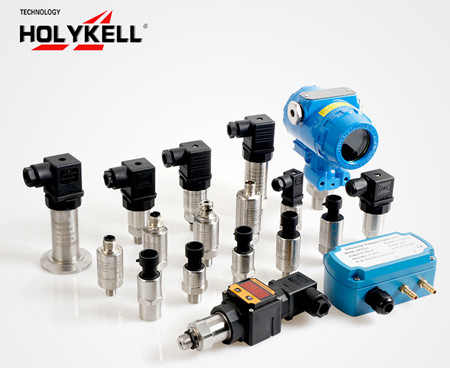Quality Evaluation Method and Selection of Sensors
To evaluate the quality of industrial pressure level sensors, we can start from the following aspects, basic parameters, environmental parameters, reliability indicators and other indicators.
1 Basic parameters
These includes the range, sensitivity(full-scale output, resolution, input and output impedance), accuracy(repeatability, linearity, hysteresis, stability, drift), and dynamic performance indicators, such as natural frequency, damping coefficient, frequency response range, frequency characteristics, rise time, response time, critical speed, critical frequency…

2 Environmental parameters
These include the temperature indicators of a sensor, such as working temperature range, temperature error, temperature drift, thermal hysteresis; the anti-shock parameters, such as the allowable frequency of shock in each direction, amplitude value, acceleration, error caused by shock; and other environmental parameters, such as anti-moisture, anti-corrosion medium, anti-electromagnetic field interference ability.
3 Reliability parameters
These include the working life, reliability, mean time between failures, fatigue performance, insulation resistance, withstand voltage…
4 Others
It refers to other aspects, such as the power supply mode (DC, AC…), power consumption; the structural aspects, such as the external dimensions, weight, shell, material; and the installation and connection, including the installation method, cable and so on.
All of these are the main factors to value a pressure level sensor and also aspects to decide the sensor quality and life. Holykell since its establishment, has focused on the product quality improvement and our R&D center invests a lot on the product performance upgrade. You can always trust us.





